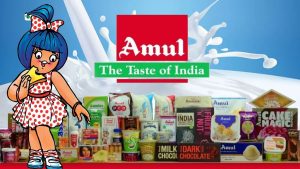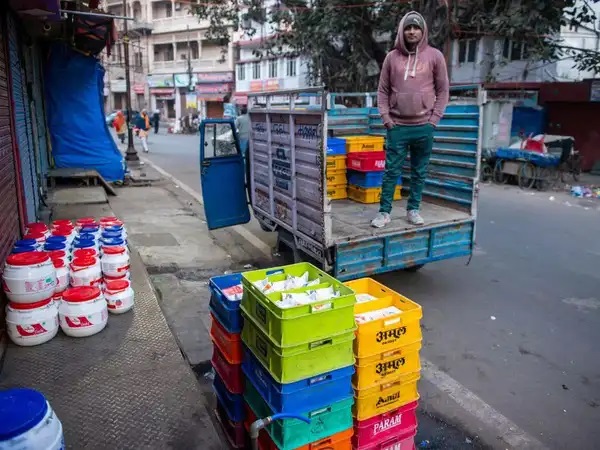
A closer look at India’s tax reform reveals a critical lesson for the global dairy economics market.
The agribusiness community is no stranger to market volatility, but a recent development in India has created significant confusion. The article from The Economic Times addresses widespread media reports that suggested a price reduction of up to Rs 4 per liter for everyday milk pouches following a new Goods and Services Tax (GST) reform. In a clarifying move, India’s top dairy brands, Amul and Mother Dairy, stepped in to set the record straight, revealing that the everyday product had not been impacted by the change.
The core of the issue lies in a crucial distinction within the dairy industry: the type of milk being taxed. The article explains that fresh, pouch milk—the household staple for most of the country—has always been GST-exempt. The recent GST rate cut, which went from 5% to nil, applied specifically to Ultra-High Temperature (UHT) milk. This long-life product, often sold in different packaging like Tetra Packs, is distinct from the fresh milk that sparked the public misconception.
Industry leaders were quick to clear the air. Jayen Mehta, the Managing Director of the cooperative that markets Amul, explicitly stated that there has been no change to the GST on pouch milk. The article notes that this was a zero-percent tax from the start. Similarly, Mother Dairy’s revised pricing confirmed this reality by only reducing the cost of its UHT milk products, leaving the price of its fresh pouch milk unchanged. This provides a clear example of how specific, targeted policy changes can be misinterpreted by the wider public.
The tax reform, which was termed “Next-Gen GST Reform” by Finance Minister Nirmala Sitharaman, was a government effort to ease the cost of living and boost economic activity by lowering taxes on a wide range of goods. While the intention was to provide consumer benefits, this case study in data journalism shows how the technicalities of a policy can lead to a disconnect between public perception and market reality, a key lesson for the international dairy economics community.
In conclusion, this event in the Indian dairy market serves as a powerful reminder of the importance of precise communication and a nuanced understanding of policy. While a tax cut was indeed announced, it applied to a specific segment of the food supply chain, not the entire market. For producers, manufacturers, and analysts worldwide, the story is a vital lesson in the need to look beyond the headlines and understand the intricate details that shape agribusiness and consumer behavior.
Source: The Economic Times, “Amul, Mother Dairy: Why your everyday milk pouches are not getting cheaper despite the GST rejig”
You can now read the most important #news on #eDairyNews #Whatsapp channels!!!
🇮🇳 eDairy News ÍNDIA: https://whatsapp.com/channel/0029VaPidCcGpLHImBQk6x1F

















